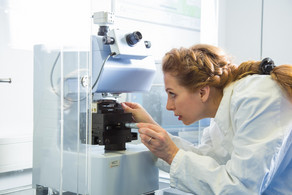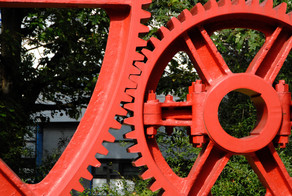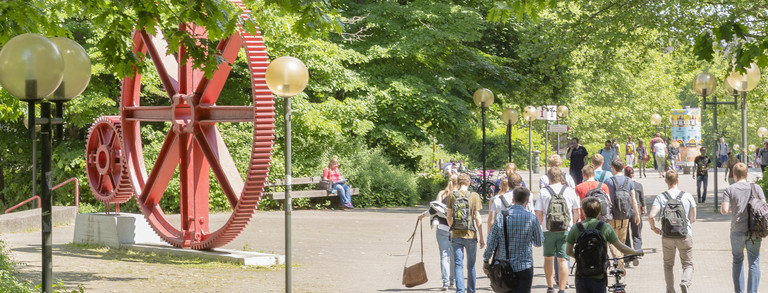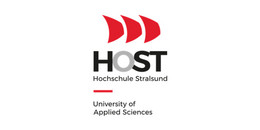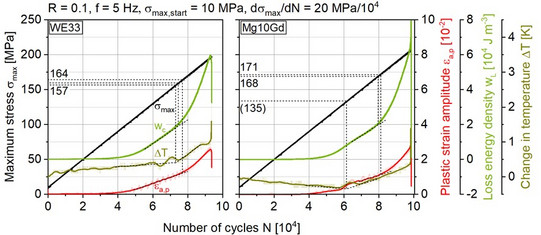µCT-based characterization of corrosion extent to predict the time-dependent performance spectrum considering supercritical pitting for magnesium-based biomaterials
Over the last two decades, research into magnesium (Mg) alloys as a biodegradable implant material has led to a significant increase in knowledge and thus to initial applications. Products such as stents and bone screws are currently based on alloys with rare earth elements (REE), while research is being carried out into a wide range of variations of alloying elements and ultra-high purity Mg. In principle, Mg is characterized by good biocompatibility, the controllability of the biological degradation rate through alloy modification and mechanical properties that are similar to those of human bone. The adaptability of the microstructure through thermo-mechanical processes, which essentially aim to increase ductility and strength without impairing the corrosion properties, is advantageous.
The aim is the mechanism-based determination of the influence of inhomogeneous corrosion on the quasi-static and cyclic performance of Mg alloys in the context of bioresorbable implants. Mg alloys are prone to inhomogeneous corrosion and consequently to a drastic decrease in stability due to the lower standard electrochemical potential and the low pilling-bedworth ratio. The project aims at a time-dependent lifetime prediction and focuses on the critical pitting of the Mg alloys WE43, MgGdNd and ZX10, which is essential for alloy and process development.
Project duration: 2024 to 2026





